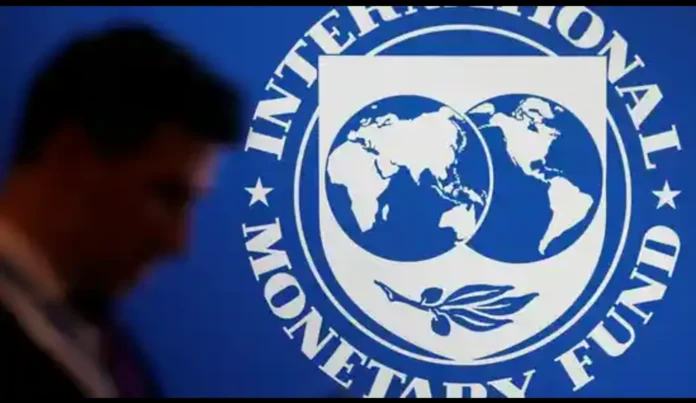In a recent development, the International Monetary Fund (IMF) has raised concerns over the upcoming budget proposal in Pakistan, expressing apprehension regarding the potential adverse effects it may have on the fairness of the country’s tax system. The IMF, a global financial institution, has long been committed to promoting economic stability and sustainable growth in member countries.
The IMF’s concerns stem from certain provisions within the proposed budget that could potentially undermine the fairness of Pakistan’s tax structure. The institution believes that these measures may lead to an increased burden on lower-income segments of society, while granting undue benefits to higher-income individuals and corporations. This distortion in the tax system could hinder efforts to promote equitable economic growth and reduce income inequality. By highlighting these concerns, the IMF aims to urge the Pakistani government to reconsider certain aspects of the budget to ensure a fairer distribution of the tax burden.
The institution emphasizes the importance of maintaining a progressive tax system that places a greater responsibility on those with higher incomes, in order to facilitate social welfare programs and public services that benefit the entire population. While the specific details of the proposed budget are yet to be fully disclosed, the IMF’s assessment underscores the need for careful evaluation and adjustment to maintain a fair tax system. Pakistan’s economic development relies on the successful implementation of fiscal policies that promote inclusivity and alleviate poverty. Furthermore, the IMF’s concerns align with the global trend of prioritizing fair tax systems.
Many countries across the world are actively working towards enhancing the progressiveness of their tax regimes, ensuring that the burden is distributed proportionately among citizens based on their ability to pay. This approach fosters social cohesion and contributes to the overall well-being of the population. The IMF’s statement also serves as a reminder of the importance of international cooperation and dialogue in addressing economic challenges. As a member of the IMF, Pakistan has committed to working closely with the institution to develop and implement policies that promote economic stability, transparency, and fairness.
In conclusion, the IMF’s expression of concern regarding the potential reduction in fairness within Pakistan’s tax system, as proposed in the upcoming budget, highlights the significance of maintaining an equitable fiscal framework. A fair tax system plays a crucial role in promoting social welfare, reducing income inequality, and fostering sustainable economic growth. It is expected that the Pakistani government will carefully consider the IMF’s concerns and take necessary measures to ensure a balanced and just tax system that benefits all citizens.


